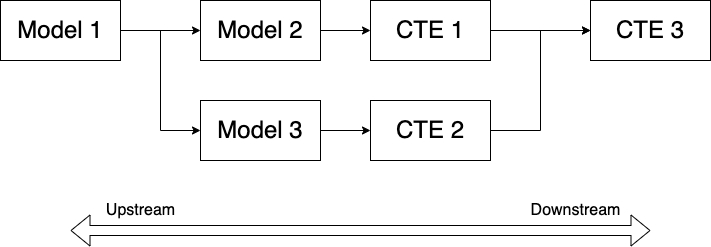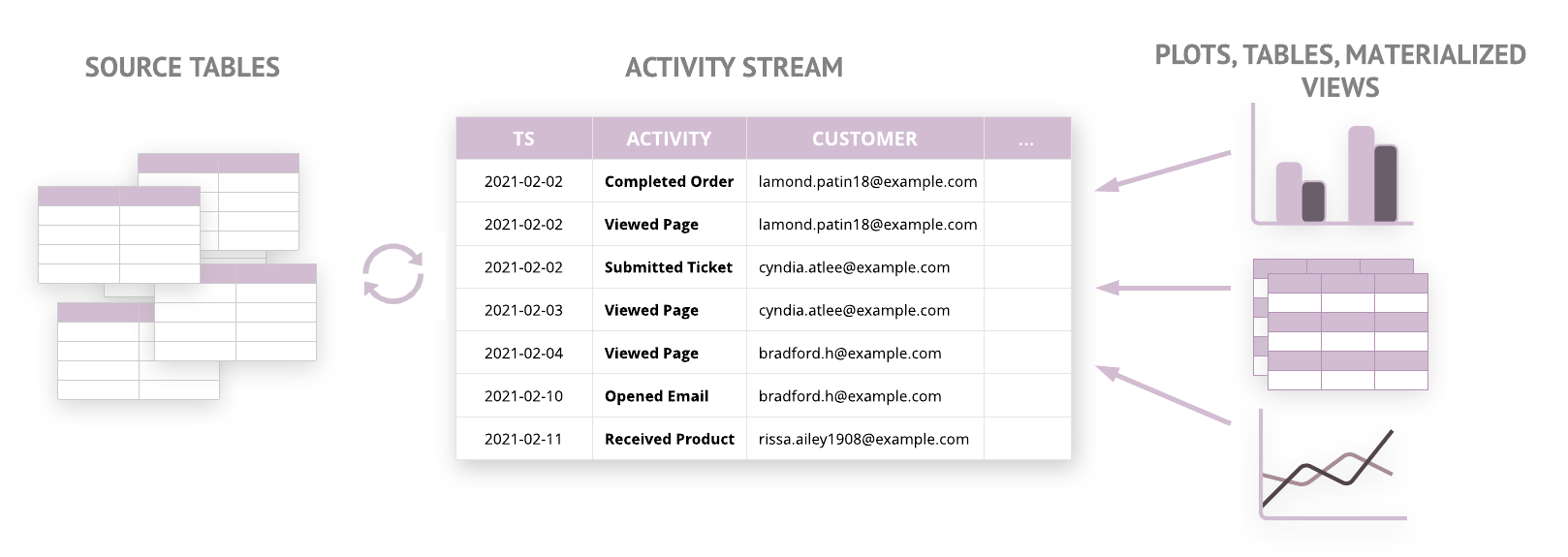Celebrate Your Data Analysts - Before It's Too Late

Everywhere you look these days, analysts seem to be getting frustrated with their jobs and quitting. They just don’t feel like their work has any meaningful impact on the business. Here’s a couple of quotes:
“...something that I did not get the chance to do was approve or escalate my findings to upper management or leadership. You can spend days or months analyzing data only to find a Product Manager using some of your dashboards for a few minutes, even though you made sure to have it updated and refreshed daily with valuable metrics” -Matt Przybyla - Why I Quit My Job as a Data Analyst
“...impact is poorly defined. Why? Let's break down the dynamics of a data colleague against other departments: engineering, product managers, UI/UX and marketers, your typical stakeholders. The workflow is often downstream; your work supports their inquiries. Find something interesting in your troves of data that is beyond the scope of their request? Your job is to influence your stakeholders that what you've found will impact the KPIs that are tied to their function, or to beat around the bush a little less, make them look good. Your work lies at the mercy of stakeholders as to whether they want to act on your recommendations” -Elle Chapeau - Why I’m leaving data
Why do data analysts feel under-appreciated? Is it a function of the role itself or how they’re used in an organization?
My initial thesis was that organizations don’t understand the impact of analytics because it is hidden.
Think about the other functions of the organization for example software engineering. The impact is self-evident. You add a feature to your app or website and you can see it running and see people use it in the logs. Conversely if there’s a bug you see the impact in lost revenue. Analytics is used in both cases to measure the impact but that’s not self-evident.
Think about finance or accounting, marketing, sales, operations, customer service. The impact of these functions in the business is never questioned but it is all measured by analytics. Finance is measuring the key performance indicators (KPIs) of the organization such as revenue, cost, margin, P&L, etc. Marketing is measuring the performance of their campaigns in driving sales, measuring and managing churn, etc. In all these cases analytics is acting in a supprring role so its impact is hidden.
In order for all the other functions of the organization to measure their impact you need analytics. With this in mind, you can’t help but think that analytics should be a critical function in any organization, so why do analysts feel underappreciated? why do they feel like they have no meaningful impact on the business?
In order to get to the heart of this question, we need to get to first principles and work our way up. Let’s start with the basics:
What is analytics?
At its core analytics is a disciplime that concerns itself with two fundamental questions:
- What should we measure?
- How should we measure it?
The purpose of analytics is pretty straightforward:
- Figure out how you're doing so you get a sense of what's working and what's not working
- Figure out the impact of decisions (like changes to policies or business processes, changes in direction, (i.e. pivots), shifts in resource allocation, shifts in investment allocation, etc)
- Figure out how to improve things that are not working or how to make things work even better
Because analytics is measuring the impact of every other function, it’s cast in a supporting role and its impact is hidden from plain sight.
This puts analysts in this weird posirion as “number pullers”
In many organizations they end up doing what Ben Stancil calls “English to SQL translation” where they spend most of their time writing queries to answer questions or create dashboards in the hopes of never having to answer the same questions twice.
I’ve felt that myself, having started as an analyst early on in my career. All I was doing was “pulling data” or creating reports sometimes refreshable, sometimes static, depending on what the stakeholders were asking for. My friend KC said she felt like a ”SQL tour guide” and it was the main reason she left her previous job.
So to support my initial thesis, I thought that maybe, if you could measure the impact of analytics directly, you’d be able to feel a lot more appreciated in your job as an analyst. I thought you had to show actual proof in the numbers that analytics was having an impact.
In a conversation with my friend KC however, she reminded me that in order for her to feel valued in her career she really didn’t need to have actual numbers to show impact, it was enough for her to be involved in a project early on or to get feedback afterwards that the report she built or the analysis she did was used to make a decision or had an impact.
The only way to ensure this is to "industrialize insight" and the best way to do that is to turn analytics into an engineering discipline similar to how software is produced. This revolution has already started with a new role called "analytics engineer" which seeks to turn analytics into code.
By rethinking analytics as code and creating the new role of analytics engineer dbtLabs has recast the role of analysts from SQL to English translators to engineers who produce clean code, easy to query data sets and reports that can be used by anyone in the organization to inform their decisions.
Why? Most analytics needed in organizations today has been industrialized with many metrics becoming standardized. You’re always measuring the same things (revenue, costs, churn, conversion rates, customer acquisition cost, lifetime value, etc.) Of course how you measure them differs across organizations but once you figure that out, calculating them can be automated.
That’s where analytics engineering comes in. Their job now consists of automating the preparation of data so these metrics can be calculated consistently and accurately every time. They bring order to this chaos and help to standardize and industrialize metrics across the organization. With tools like dbt analysts can finally see the impact of their work.
But analytics is not all about building data sets and dashboards. One of the most important functions of analytics is to figure out what to measure. This is where strategic analytics comes in. Every standardized metric these days (revenue, churn, LTV, etc) started out as a hypothesis and a custom calculation that allowed the organization to have unparalleled competitive advantage over their competitors.
Discovering new things to measure in an organization and new ways to measure things allowed the cash-strapped Oakland A’s to compete with organizations with much deeper pockets despite not having the ability to sign top talents. This story is portrayed in the book Moneyball (later made into a movie with the same title) While the A’s didn’t win the World Series that year, the same techniques were later used by the Boston Red Sox in 2004 to win their first World Series title in 86 years.
These metrics are now used by most baseball organizations to help with player selection but at the time they were revolutionary. This is the power of strategic analytics and its impact is undeniable. This kind of analysis is exploratory and experimental, akin to a chef developing a new recipe or tinkering with an existing recipe. It may not always yield useful results, but an organization that doesn’t do it is bound to lose their competitive edge.
I hope that now you can clearly see the impact of analytics in all aspects of an organization. You don’t need much to make your analysts feel valued because if you don’t value them, someone else will.




